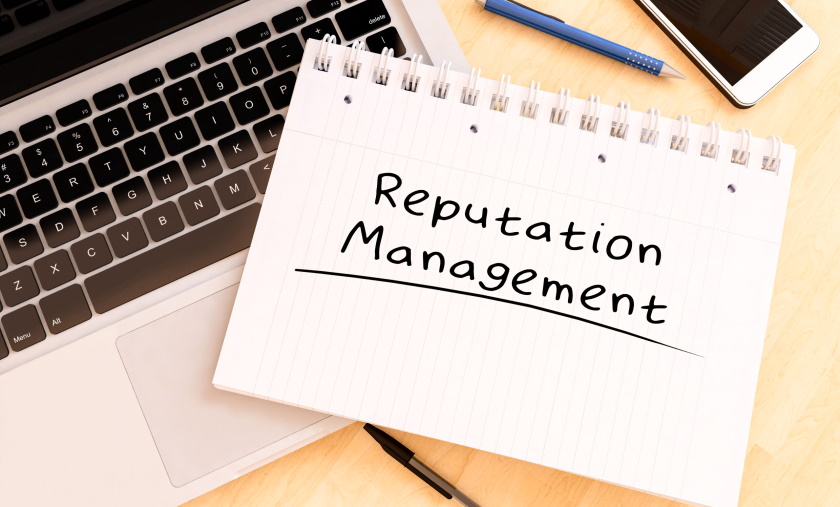Tips and Strategies to Manage Your Political Reputation

Whether you’re a seasoned politician or just getting your feet wet in the political world, it’s important to have a good reputation. This blog post will give you some tips and strategies to help manage your political reputation. First, let’s look at what goes into building a good reputation. Then we’ll give you some tips on how to maintain it. Finally, we’ll wrap up with some advice on how to recover from a bad reputation. Let’s get started!
The importance of reputation in politics
The reputation of political actors depends heavily on mass perceptions. Accordingly, they have a strong incentive to engage with various constituencies in society, including those usually excluded from traditional politics (such as young people).
The importance of reputation can be seen in the way that it shapes political processes and outcomes. For instance, voters tend to view existing leaders more favorably than prospective candidates, regardless of their actual policies or competency levels. Politicians also routinely attempt to link themselves to positive symbols and values associated with particular historical events or important figures. Additionally, acting ethically helps improve a politician’s image, as voters tend to view politicians who behave ethically more favorably than those who are unethical.

There are a number of strategies that political actors can employ to shape their reputations and influence public perceptions. First, they can accurately understand the electorate’s beliefs or values. This requires them to collect information about different groups or constituencies, which they can then use to craft effective messages or policies. Second, they can focus on symbols that represent popular values and ideas rather than engage with complex policy debates. Third, they can attempt to foster positive beliefs about themselves by engaging in ethical behaviors or promoting various forms of social justice. Finally, political parties can seek alliances with other groups (civil society organizations).

Political reputation management strategy
The internet has a lot of information, and it can be tough to keep track of everything. So here are some tips and strategies to help you manage your political reputation:
- Keep an open mind: Be willing to accept criticism and learn from it. Not everything will be positive, but try to take constructive feedback and use it to improve.
- Don’t take things personally: This one can be hard, but remember that not everyone will agree with you or like you. It’s okay! People are allowed to have different opinions.
- Respond thoughtfully: When someone says something negative about you online, resist the urge to lash out immediately. Instead, take a step back, breath, and carefully decide how to respond.
- Own your mistakes: It’s okay to make a mistake now and then. The key is not to cover up the mistake or attack those who call you out on it. Instead, take responsibility for your actions and move forward positively.
- Focus on what you can control: You can’t always change other people’s opinions about you, but you can focus on things within your control – like your own behavior and words – to present yourself positively online.

 The mission of the Colvin for Michigan is to educate and inspire our citizenry about practical politics and civic engagement through programs that are unique, compelling, and open-minded. Everything we do must fulfill our goal of instilling citizens with an appreciation for the core values of American freedom, justice, equality, civility, and service.
The mission of the Colvin for Michigan is to educate and inspire our citizenry about practical politics and civic engagement through programs that are unique, compelling, and open-minded. Everything we do must fulfill our goal of instilling citizens with an appreciation for the core values of American freedom, justice, equality, civility, and service.